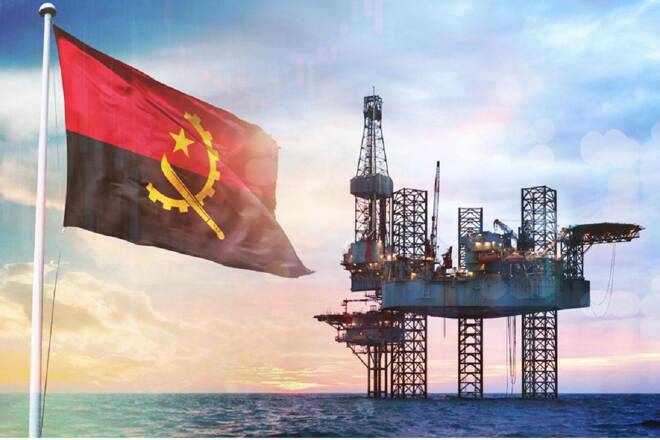Advertisement
Advertisement
Angola – The Young Nation With More Than Oil to Offer
By:
In September, Nigeria’s oil production numbers have been surpassed by Angola for the third time, raising doubts about its status as the leading oil nation in the Sub-Saharan region.
The nation and population of Angola are quite young, and though previously ravaged by civil war for decades, many opportunities lie ahead of this west African country.
From Ruins to Riches?
Formerly a Portuguese colony, Angola became independent in 1975, but the struggle for power fought on until 2002. For the next two decades, the country and its people are slowly recovering from the aftermath. Until now, shadows of corruption still lurk in various corners of the Angolan government.
The first commercial oil production only predates the government by twenty years, but a proven crude oil reserve of over 2.5 billion barrels soon took over the Angolan economy. With only 32 million people living in the country, and wildly rich in natural resources, Angola exports 1.2 million barrels of crude oil every day.
Thanks to a resurgence of oil bulls, WTI oil futures are currently trading at $92.06 a barrel. But like many oil-producing nations, most Angolans do not benefit from the wealth it has generated. Though taking up 85% of its total export and 30% of its GDP, most of the Angolan population lived in poverty, under $2 per day.
“Haves” and “Have nots”
Ironically, the Angolan capital of Luanda was one of the most expensive places to live in Africa, since oil companies relocated foreign professionals to live in the city. Most goods and services offered in Luanda come with ridiculous price tags, the income-segregated neighborhood and the nearby slums created an Elysium-esque city skyline.
Corruption and nepotism have unfortunately sapped most of the oil income to the pockets of a few, including Isabel dos Santos – the daughter of the former Angolan President José Eduardo dos Santos.
Amassing a business empire that builds on favorable (and questionable) agreements, a personal worth of over two billion dollars, and the title of “the richest woman in Africa” would be a sufficient testament to Angola’s woes.
Market Shifts and Expansions
As Isabel’s assets in Angola were frozen in 2019, in the wake of a new president, Angolans are looking forward to a brighter future. Europe has been a crucial component in Angola’s blueprint for development, trade deals are underway with the European Union to increase non-oil exports and remove tariffs.
In the oil and gas sector, China has long been the primary importer of Angolan energy products. The insufficient refining capacity has made Angola dependent on imported fuel, thus the new Cabinda refinery is one major step to energy independence, by adding 30,000 refined barrels of oil per day, and more to come. In addition, the Luanda oil refinery expansion plans are also set to boost petrol production.
The danger of having rich oil reserves is often having an economy dominated by oil, and Angola is currently striving to diversify its economy, by nurturing its agricultural and manufacturing sectors and exploring more business partners and opportunities.
At times when Europe is actively seeking to wean off the Russian energy supply, Brent Oil Futures is climbing back to $97.27 a barrel. Put the pen to paper for the EU-Angolan deal could be fruitful
for both sides, especially when winter is drawing close – possibly causing a slowdown in the Ukrainian counteroffensive, while the European energy crisis is being felt stronger (literally) by the day. Check the latest oil price here.
About the Author
Lucia Hancontributor
Lucia has graduated from Lincoln University in 2018, then she became an equity research associate at Renner Capital Partners which is a long-short equity fund in Dallas.
Advertisement
